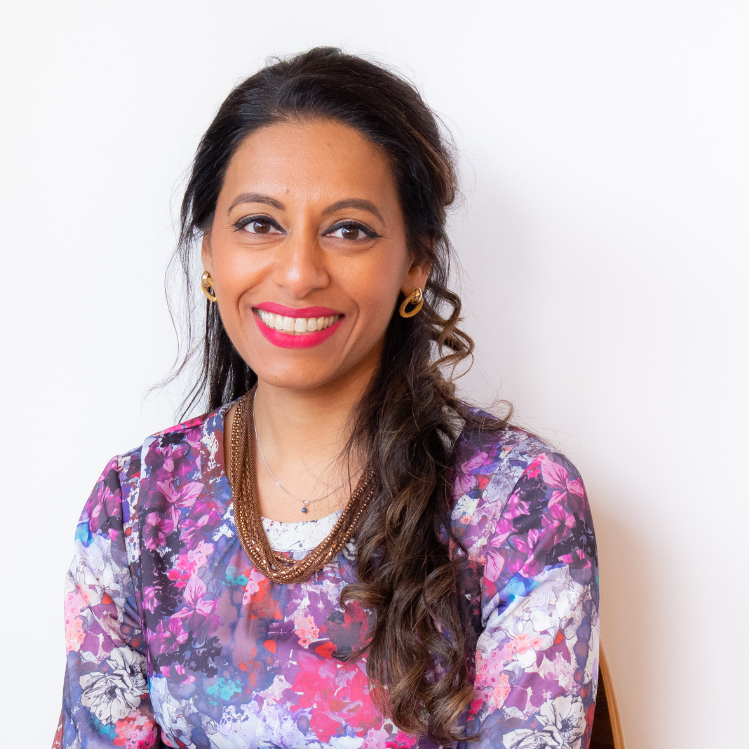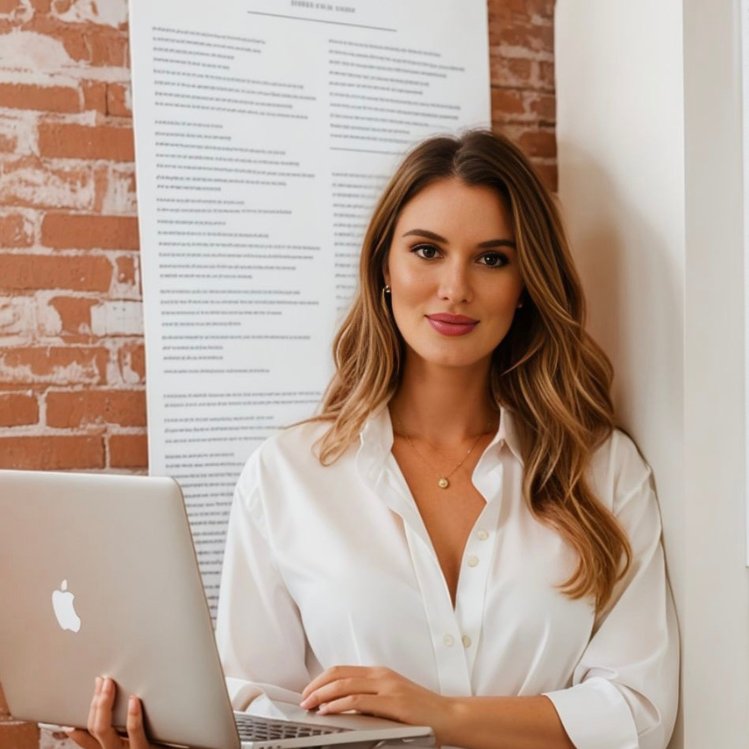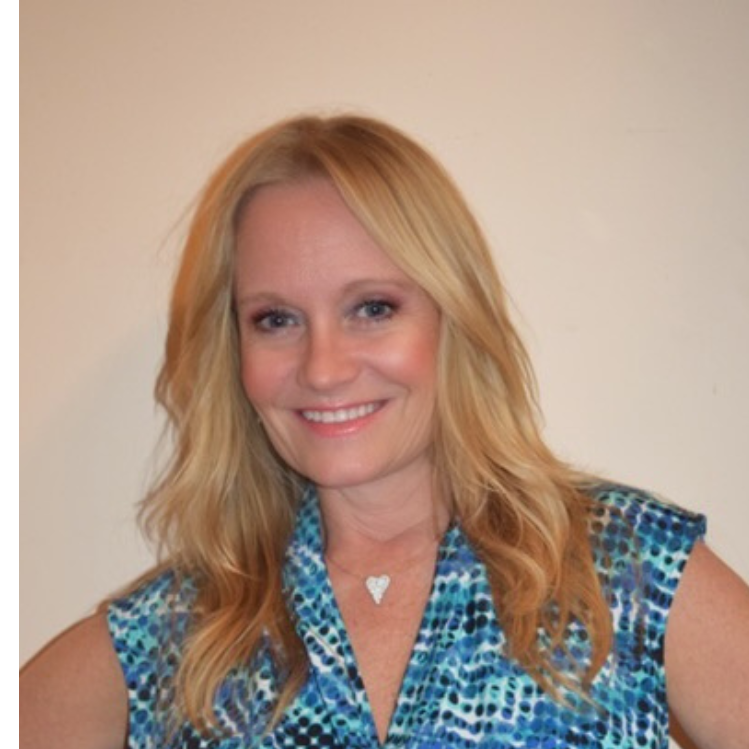
Breaking Barriers: Journey to Neurodiversity Advocacy
In a world where neurodivergent voices often go unheard, emerges a passionate advocate dedicated to fostering inclusivity and understanding. Motivated by personal experiences and driven by an unwavering passion, she extends a compassionate hand to parents navigating the complexities of raising neurodivergent children, while pioneering conversations about neurodiversity acceptance and celebration on a global scale. Through initiatives like her podcast “Unpacking Autism” and corporate roadmaps, she breaks barriers and ensures that the voices of neurodivergent individuals are not just heard, but celebrated.
What inspired you to leave your corporate career and become an advocate for neurodivergent individuals?
In my early career, I worked as a lawyer and then as an ombudsman adjudicating financial dispute cases for the British public. Alongside this role, I started to advocate for race equity and disability awareness at work. I chaired the employee resource group for race and created a support group for parents of neurodivergent children because one did not exist. My passion for justice led to me leading a brand new team that specialised in supporting vulnerable consumers in society. During this time I received my eldest son’s diagnosis and experienced a lot of discrimination and lack of information around how I could effectively support him. I spent a lot of time researching and going to different places for support and what I found were many parents in the same position as me. I realised that I was privileged to have my education and background as I advocated for what my son needed and I needed to use my voice to increase awareness in society so that neurodivergent individuals are valued and respected for their unique talents. My son’s trajectory through school has been transformational. He was suspended from school at a young age and after nurturing him he has since thrived and has obtained a scholarship to a top school in the country. We need to nurture the neurodivergent talent we have in society because these are the game changers of tomorrow – and this is why I left my career to advocate for and with them.
How does your personal experience with your autistic sons influence your approach when guiding other parents of neurodivergent children?
My personal experience with my sons (I’ve since received my youngest son’s diagnosis too) informs my approach to guiding other parents. I provide empathetic support and understanding of the challenges they face and I can offer practical strategies tailored to their cultural contexts. I realise that everyone has different parenting experiences and that every single child is uniquely different but what I have found is that opening up conversations around the things I have struggled with as a parent and also the things I’m celebrating, this permits other parents to do the same; it helps them to find their voice.

Describe your mission to spark conversations about neurodiversity acceptance and celebration. How do you believe inclusive cultures can be created?
My mission is to spark conversations about neurodiversity acceptance and celebration in homes, schools, and workplaces. There is often a pervasive view that success only looks a particular way, that good parenting only looks a certain way, and that a model employee behaves in a particular way too. I’m here to dispel these myths and to demonstrate that it’s not neurodivergent people who need to change – it is our lens and filter that we apply to others. When we look inward and question our own biases and assumptions about people, we see that often our viewpoint can be quite narrow. Once we are aware of this we can elevate our understanding and in so doing, start to see the value, talent, and beauty of diversity amongst people. I believe inclusive cultures can be created through education, awareness, and embracing diverse perspectives, fostering environments where everyone feels valued and included.
Can you explain your role in advocating for neurodiversity acceptance at the parliamentary level and to global audiences?
I advocate for neurodiversity acceptance in any and every forum where there is interest in expanding consciousness and creating equity among people. I was fortunate to have been invited to a key meeting by the APPG for anti-racism in education at Parliament where I shared with passion how important it is that we explore the intersection of neurodiversity with race and how this is impacting children in society. With other global audiences, I’ve advocated by sharing personal stories, raising awareness, and sharing positive cultural change advice that promotes inclusivity and support for neurodivergent individuals.
What motivated you to launch the podcast “Unpacking Autism,” and what is its significance in the neurodiversity space, particularly for individuals from global majority backgrounds?
The launch of “Unpacking Autism” was motivated by a lack of representation for individuals from global majority backgrounds in the neurodiversity space. It provides a platform to amplify diverse voices, share experiences, and promote cultural understanding and acceptance. It is as much for the global majority of individuals to see themselves represented as it is for those who are seeking to be an ally to this movement. The podcast has had a remarkable response and I’m in the process of creating a second season.
How were you recognized for your advocacy work in December 2023, and how has this recognition impacted your mission?
I was delighted to receive the Lord Hastings Integrity Award from The Baton Awards in December 2023 for my advocacy work and for creating space for people across society to participate in this important conversation. Receiving this acknowledgment affirmed the impact of my advocacy work, providing validation and motivation to continue my mission. It also expanded my reach, enabling me to elevate my services on neurodiversity acceptance on a larger scale.
How do you collaborate with global organisations to harness the power of neurodiversity and stay ahead of competitors?
I collaborate with global organisations to harness the power of neurodiversity by providing consulting services, workshops, and training programs. This helps them tap into diverse talent pools and gain a competitive edge in the market. I do this by immersing myself in an organisation’s culture, understanding how their employees are feeling and what resources are available to them as well as what their staff survey feedback says. Once I have identified the needs, I then partner with the organisation to create a strategy suited to them which addresses these and also their inclusion priorities.
What projects do you envision to dismantle systemic biases and foster inclusivity, and how do they aim to achieve these goals?
Projects aimed at dismantling systemic biases and fostering inclusivity include developing inclusive hiring practices, providing diversity training, having regular feedback cycles which create actions that are incorporated into strategic priorities, working with senior leadership teams to role model inclusion, and creating support networks for neurodivergent individuals within organisations. There are many more but these are some highlights!
Can you elaborate on your Corporate Roadmap and how it helps companies embed cultural change and leverage their workforce effectively?
The Corporate Roadmap facilitates cultural change by providing step-by-step guidance on embedding inclusivity and leveraging neurodiversity within companies. It helps organisations embrace diversity and maximise the potential of their workforce. Time is spent at the beginning to understand how the organisation feels about neurodiversity. People often make assumptions or skip the detail on this part however any organisation will live or die by how aligned their people feel to the mission and values, how motivated they are to do their best, and how supported they feel. Once this is identified, I partner with the organisation to create a strategic plan and then work with them side by side to implement it to fruition.
Describe your plans for creating school programs to support teachers in recognizing and celebrating neurodivergence through an intersectional perspective. How do you aim to achieve this?
My plans for school programs involve developing curriculum materials, training sessions, and resources to support teachers in recognising and celebrating neurodivergence from an intersectional perspective. This includes promoting inclusive teaching practices and creating safe and supportive environments for neurodivergent students to thrive. I am on a mission to have this incorporated by the Department of Education into the national curriculum so that children and teachers across the country understand and celebrate a full and broad picture of neurodiversity because they are the baton holders of inclusion in the future.
APPLY TODAY
100 Top Global Women Entrepreneurs – Global Woman Magazine
Our Journey in 12 Months:
Our Journey in 12 Months – Global Woman Magazine
5 Things That Show Money is Not Evil:
5 Things to Show That Money Is Not Evil – Global Woman Magazine
Global Man Magazine Page:
Global Woman, Global Man: Socials:
Global Woman Magazine (@global_woman.magazine) • Instagram photos and videos





